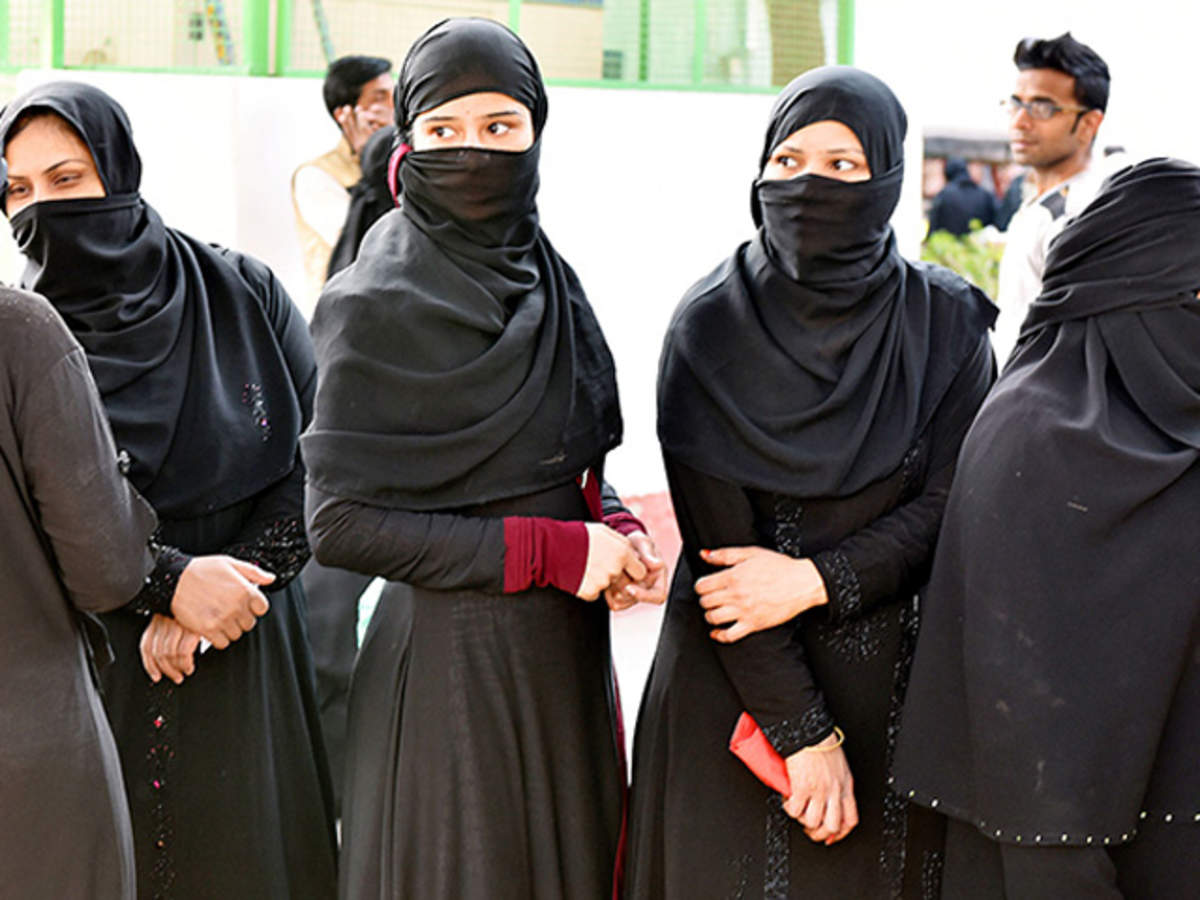Listen the article:
Supreme Court Hearing: The Supreme Court said on Friday (January 20) that a five-judge bench will hear petitions challenging the constitutional challenge to polygamy and nikah halala practice among Muslims. Chief Justice DY Chandrachud and Justice PS Narasimha said on the replies filed by advocate Ashwini Upadhyay, one of the PIL filers on this matter, that a new five-judge bench will be reconstituted on this matter.

Actually, two judges of the old constitutional bench, Justice Indira Banerjee and Justice Hemant Gupta have retired. Last year, it was filed in the Supreme Court on behalf of Ashwini Upadhyay. Hearing on which the CJI said that there are many other important matters pending with the bench of five judges. We are setting up another constitutional bench and will take this matter into consideration.
Constitutional bench had asked for answers
Justices Indira Banerjee, Hemant Gupta, Surya Kant, MM Sundresh and Sudhanshu Dhulia were included in the five-judge bench hearing the case on August 30 last year. The bench had issued notices to the National Human Rights Commission, the National Commission for Women and the National Commission for Minorities asking them to file their reply on the matter. Shortly after this, Justice Banerjee and Justice Gupta retired on 23 September and 16 October respectively. Because of which there was a need to set up a new bench to hear 8 petitions against polygamy and nikah halala.
Muslim women’s petitions will be heard
Some Muslim women, including BJP leader and lawyer Ashwini Upadhyay, Nysa Hasan, Shabnam, Farzana, Sameena Begum and Mohsin Kathiri have filed petitions challenging the constitutional validity of polygamy and nikah halala. In all these petitions, these practices of Muslim society have been demanded to be declared unconstitutional and illegal. The petitioners say that practices like polygamy and nikah-halala violate the fundamental rights of Muslim women.
What is polygamy and nikah halala?
According to Sharia or Muslim personal law, a Muslim man has the right to have four wives in polygamy. On the other hand, in the process of Nikah Halala, a divorced Muslim woman has to first marry another person and then divorce him in order to remarry her husband. The Supreme Court had decided to hear this petition in July 2018. After which other similar petitions were sent to the Constitutional Bench.



